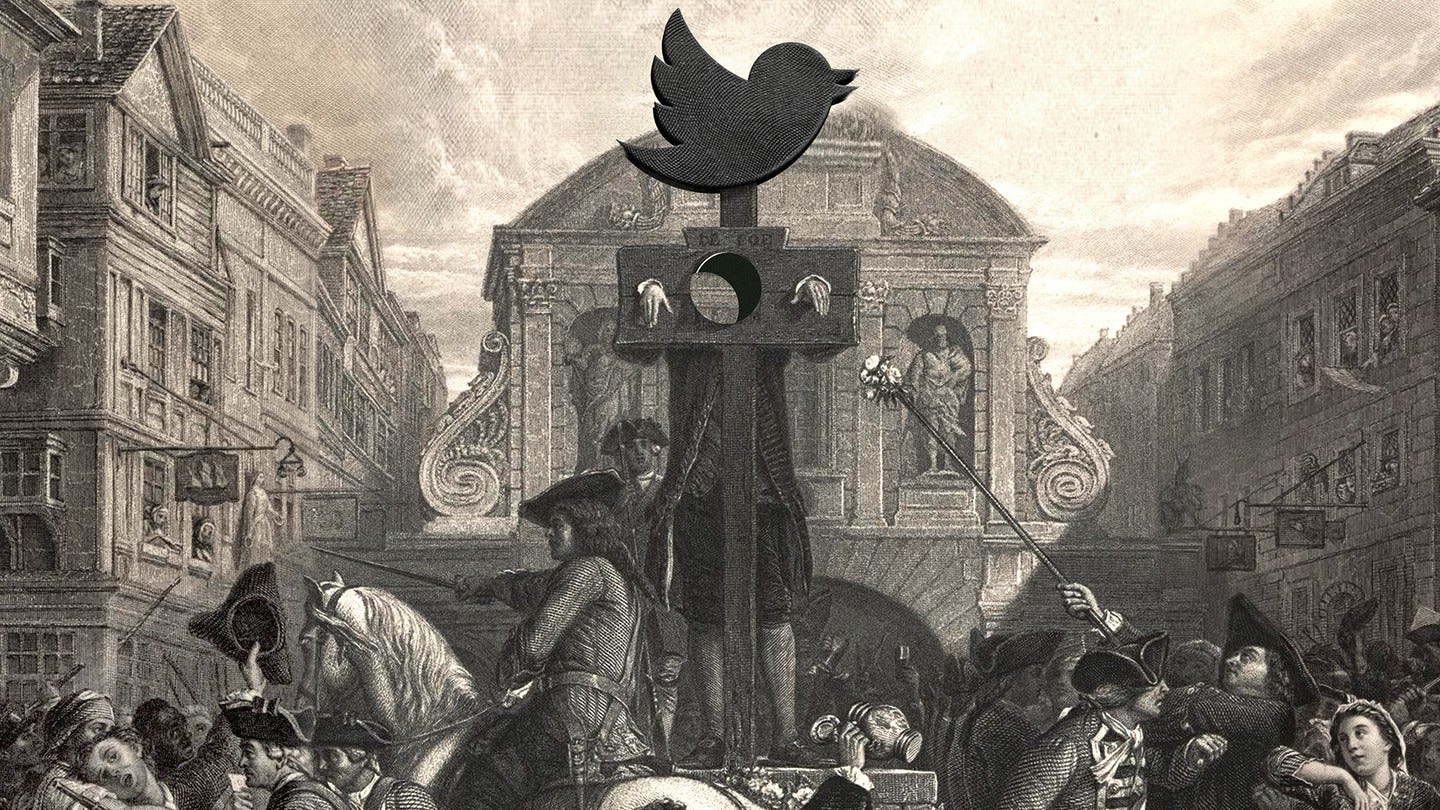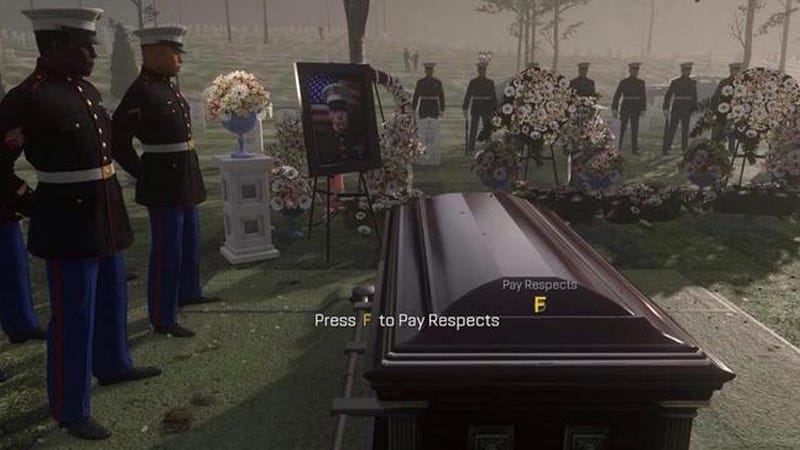Happy Friday!
I had my first driving lesson this week. I sense already I am not one of nature’s drivers. During a tough bit when my instructor asked me to turn the steering wheel so she could do a 3-point turn into a better space, I accidentally switched on the windscreen wipers, which lent a jaunty air to my barely controlled panic. Later, when I moved up through the bite point and off the clutch and the car accelerated forward, I panicked and braked hard. We shuddered to a sudden stop.
“Sorry,” I said, “I just worried that we were speeding up there.”
“Yes,” said my driving instructor. “We reached nearly four miles per hour.”
In short, whatever drugs they give to driving instructors to be able to endure this, I want some.
Helen
The Woman Beside Wendell Berry (Yes Magazine, 2017)
“Since 1965, in that kitchen, Tanya has had many moments—some solitary; others shared with her husband, the writer Wendell Berry; and lots with family (now including great-grandchildren), friends, and a steady stream of visitors. Lots of green beans canned, dinners cooked, stories shared in their house down the road from Port Royal, Kentucky.
And lots of flowers, because beauty matters, she reminds me, in a house full of paintings, fabric and stitching, and photographs. “It’s an important thing that’s left out of most people’s lives.”
That’s the home Tanya Berry has made, in a rural community that endures—at least for now—because of people like her. Over those years, she has honed skills in farm work and the domestic arts, while serving as perhaps the most important fiction editor almost no one has heard of, married to one of the most important American writers almost everyone knows.”
Tip of the hat to Nathan, known to readers of Caroline Criado Perez’s newsletter as the “American Beefcake”, for pointing this example of a Great Wife out to me. Incidentally, episodes 1 and 2 are available now.
The New Puritans (The Atlantic)
“It’s not just the hyper-social and the flirtatious who have found themselves victims of the New Puritanism. People who are, for lack of a more precise word, difficult have trouble too. They are haughty, impatient, confrontational, or insufficiently interested in people whom they perceive to be less talented. Others are high achievers, who in turn set high standards for their colleagues or students. When those high standards are not met, these people say so, and that doesn’t go over well. Some of them like to push boundaries, especially intellectual boundaries, or to question orthodoxies. When people disagree with them, they argue back with relish.
That kind of behavior, once accepted or at least tolerated in many workplaces, is also now out of bounds.”
I liked this piece because I agreed with it so hard my head nearly fell off from all the nodding. Anne Applebaum is right to point out that many of the social shifts of the last few years are good, really good: the #MeToo movement giving women a voice against sexual harassment, the racial reckoning giving black Americans a voice against police violence and economic discrimination, the LGBT movement championing the idea that “love is love”, and that people should express their gender however they want.
But she’s also right to notice the trade-offs, one of which is that fluctuating social codes provide fertile terrain for stitch-ups, grifters and cynical office politics. (“At least two of the people I interviewed believe that they were punished because a white, male boss felt he had to publicly sacrifice another white man in order to protect his own position.”) And also—and this is where both Difficult Women and my next book come in—the fact that exceptional people are often hard to be around. How far do they deserve the benefit of clergy?
Quick Links
The glass octopus (above) is completely transparent, except its eyeballs, brain and digestive tract.
“Nike, like so many major institutions, is suffering from what I’ll call Existence Dissonance. . . It’s a company built on masculinity, most specifically Michael Jordan’s alpha dog brand of it. Now, due to its own ambitions, scandals, and intellectual trends, Nike finds masculinity problematic enough to loudly reject.” I heard Ethan Strauss interviewed on Blocked and Reported, and found him interesting despite my less than zero knowledge of, or interest in, basketball. Here he is on why Nike’s new adverts suck: “This a hollow sermon from a priest whose sins were in the papers. Nobody is impressed by what Nike’s doing here. Nobody thinks Nike, a multinational famous for its sweatshops, is ushering us into an enlightened utopia.”
‘These new historians—whoever they might be—are said to be guilty of “demonstrable falsehoods”: “We have seen accusations that Churchill was a racist and that Gladstone, the founder of modern progressive politics, was a defender of slavery. What better way of smearing our shared history?” These are curious illustrations. Churchill’s views on “magpie races”, Indians and people of colour are a matter of public record. We can debate how we should understand those views; how we should situate them in relation to his times; or how they might affect our view of Churchill today. But they are not “demonstrable falsehoods”.’ Robert Saunders on the History Wars.
“Turn after turn, bafflement at complex systems gives way to a sense of mastery: Capturing a city is fun, but have you ever harmoniously curated a dozen art museums?” Spencer Kornhaber on Civ (The Atlantic).
Tom Chivers on the difference between Bayesians and Popperians, and why that matters for how we talk about anti-vaxxers and climate change sceptics (Unherd).
“Our botched withdrawal is the punctuation mark on a general catastrophe, a failure so broad that it should demand purges in the Pentagon, the shamed retirement of innumerable hawkish talking heads, the razing of various NGOs and international-studies programs and the dissolution of countless consultancies and military contractors. Small wonder, then, that making Biden the singular scapegoat seems like a more attractive path.” Ross Douthat on Afghanistan (New York Times).
Press X To Pay Respects
There’s a widely mocked moment in Call of Duty where you have to wait through a military funeral, watching the soldiers fold up the American flag, before the screen prompts you to “press F to pay respects” (it was X on console versions).
I thought it was the most earnestly tasteless thing I would ever see in a videogame.
I was wrong.

See you next time . . .





